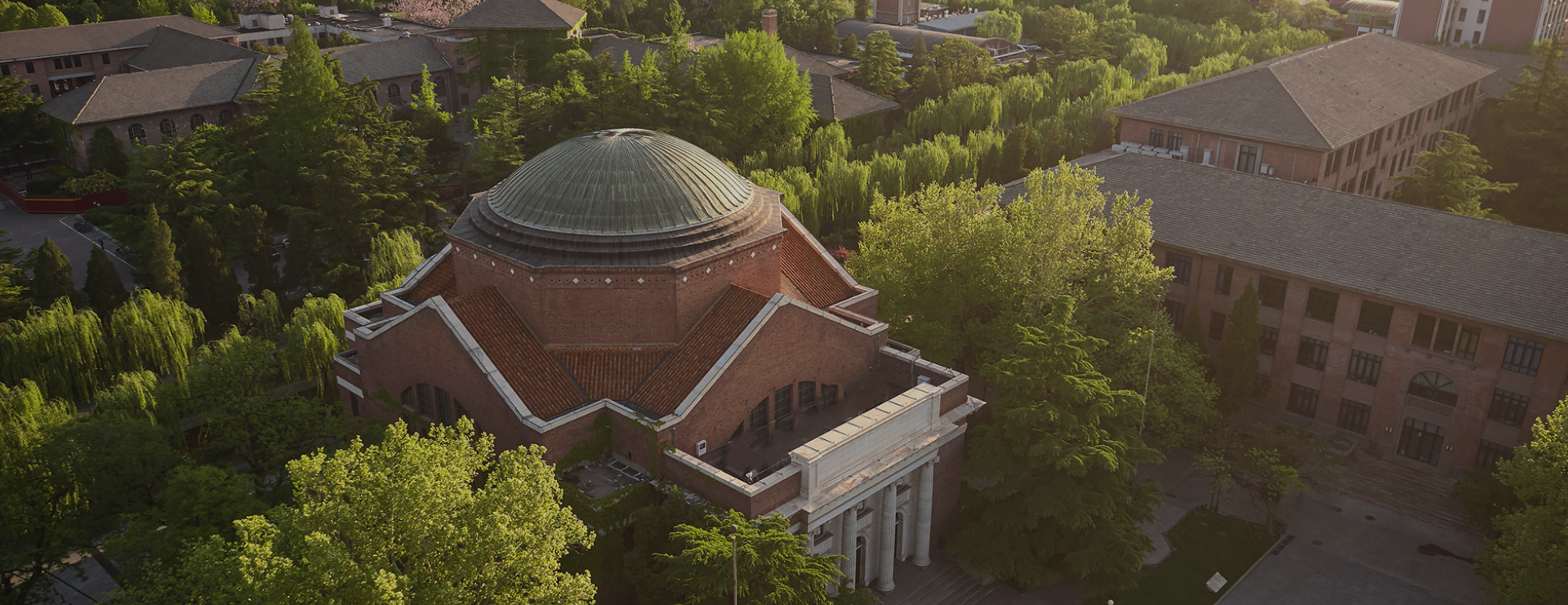From looking up at the stars to staring at the Earth from space, how far do human beings still need to go? What will be the difference between the futuristic cities on Earth and Mars?
From Hollywood's Interstellar to Netflix's hit film Don't Look Up, more works are now focusing on extending topics about space from the perspective of human nature, philosophy, and even art.
Based on The Three-Body Problem's cosmology, China's first sci-fi talk show is set to stimulate the interest of the domestic audience in science fiction and exploration of the universe. Co-hosted by Chinese renown director, Jia Zhangke, and the author of The Three-Body Problem series, Liu Cixin, the talk show is now simultaneously broadcasted on video platform Youku and aired on TV since July 18. The Global Times recently contacted the production team to share their experience in this eye-catching variety show: Do Not Answer.
Guests from different walks of life will join the show to share their ideas about the universe, human beings and nature through their own professional perspective in science, humanity, culture, and entertainment.
"People read The Three-Body Problem. It is an inclusive work considering its connotation and now the talk show is a chance for readers to share their ideas about universe, space and their relationship with human beings inspired by the trilogy," Youku's producer, Yang Zhou, told the Global Times, adding that "it is a meaningful thing."
Sparks of thoughts
The first episode of the show, which drew its name from this big literature hit, focuses on one of the most common topics about the exploration of the universe: settling on Mars and its significance for the continuation of human civilization. Meanwhile the guests from different professional backgrounds give their own guess and share their knowledge about the universe.
For example, Jia Zhangke and Chinese artist Xu Bing, gave a splendid review about the artworks inspired but space, while Zhang Shuangnan, an astrophysicist from the Institute of High Energy Physics, gave his observations and insights about his Antarctic expedition, inspiring the audience to actively explore the boundaries of science and technology and to seek infinite possibilities for future development.
"After nearly three years of the COVID-19 pandemic, as people are getting a little bit trapped, we want to inspire them with a hopeful topic as science fiction," noted Yang, "and during the production process we involved both technology and culture, which will be a small challenge to hosts to navigate the show."
'Humanistic care'
As constantly evolving technologies are changing people's everyday life, will humans be ready to embrace the change? The production team believes the power hidden behind the answers and came up with its first science, technology and humanities program on Youku.
"We need to express our observation and ideas in a broader way," said Wang Xiaonan, director of Youku's cultural channel, noted. "Therefore, the program is an aid to explain the changes of science and technology on people's life from a more humanistic perspective. So, everyone will see that this program is full of humanistic care."
In addition, the show involves a robot that interacts with the hosts and the guests. Named Multivac, it is a salute to a fictional supercomputer appearing in over a dozen science fiction stories by American writer Isaac Asimov.
"We hope that in this way, guests can enjoy the talk and netizens can easily understand. This is our biggest purpose [of adding the robot]," Yang said.
"It feels like that Jia and Liu are chatting around a fire. This atmosphere is actually like home," said Wang Yutong, a scholar from the Chinese Academy of Social Sciences. "In Western science fiction, there is a very urgent tone in the discussion of the future of human beings. However, in this show I can feel positiveness."
"It may be very small but the show drives and motivates more people to involve themselves in space exploration," added Fei Dao, associate professor of the Chinese department at Tsinghua University and sci-fi writer.

